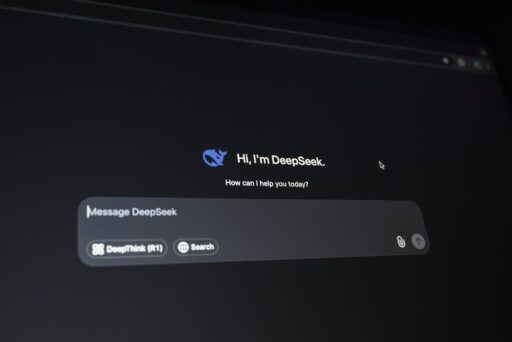Enhancing Safety in AI: OpenAI’s New Parental Controls for ChatGPT
OpenAI has recently implemented new safety features and parental controls in its ChatGPT platform, aiming to address growing concerns about the chatbot’s interaction with users. These updates come in the wake of incidents where previous models were criticized for not handling sensitive conversations adequately.
The newly introduced features are designed to detect emotionally charged interactions and automatically switch to a more advanced model, GPT-5, which has been specifically trained to manage high-stakes discussions responsibly. Unlike its predecessors, GPT-5 can address delicate topics in a constructive manner, moving away from the overly agreeable nature of earlier models like GPT-4o.
These changes have sparked mixed reactions among users. While many appreciate the enhanced safety measures, others feel that the cautious approach could limit the chatbot’s effectiveness for adults. OpenAI has acknowledged the need for further refinements and has committed to a 120-day period to iterate and improve these features.
In addition to refining its models, OpenAI has introduced parental controls that allow parents to customize their children’s ChatGPT experience. This includes setting quiet hours, disabling certain features, and monitoring the AI’s interaction with teens. The system is also equipped to recognize signs of potential self-harm, with provisions to alert parents or authorities if necessary.
OpenAI’s initiative represents a significant step towards balancing user engagement with safety, especially for younger users, while continuing to learn and adapt from real-world feedback.





